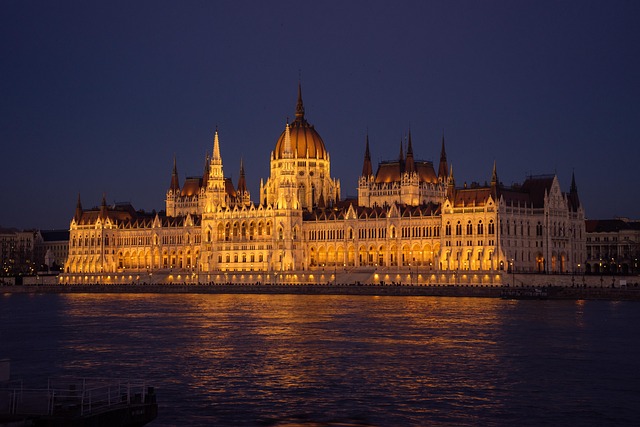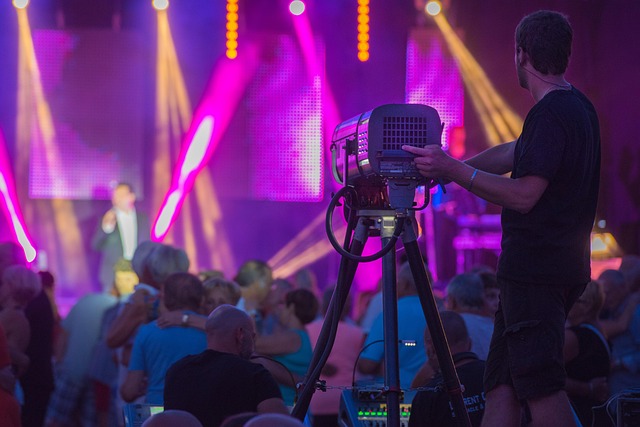Hungarian theatre has long stood as a vibrant pillar of cultural expression and artistic exploration within the entertainment industry. With deep roots tracing back to the 18th century, it intertwines various art forms, from drama and dance to music and visual arts, all contributing to an unparalleled theatrical experience. The unique charm of Hungarian theatre lies not just in its performances but in its ability to reflect the rich tapestry of Hungarian life, history, and folklore.
Beyond mere entertainment, Hungarian theatre serves as a fascinating lens through which audiences can access the nation’s collective memory and identity. Festivals, such as the renowned Szeged Open-Air Festival, are a brilliant showcase of this tradition. Held annually, it transforms the picturesque city into a stage, inviting locals and tourists alike to celebrate the grandeur of Hungarian theatre under the open sky. Here, audiences can engage with classic works and contemporary pieces, showcasing the dynamic evolution of artistic expression.
Moreover, the music industry has played a crucial supporting role in amplifying the theatrical experience. The symbiotic relationship between Hungarian theatre and music is evident through its operas and musicals that have transcended borders, captivating audiences worldwide. The compositions of famous Hungarian composers resonate deeply, giving life to the characters and narratives portrayed on stage. Concerts often accompany theatrical performances, enhancing the overall sensory engagement for theatre enthusiasts.
As we delve deeper into this cultural phenomenon, it becomes clear that cinema has also left its mark on Hungarian theatre. Several iconic plays have been adapted into films, enriching the theatrical canon while offering new dimensions to beloved stories. This cross-pollination between stage and screen fosters a greater appreciation for the subtleties of performance and storytelling. The legacy of Hungarian theatre is further perpetuated by international collaborations and festival exchanges, promoting a wider understanding of its artistic significance.
At the heart of it all is the people who breathe life into every performance—actors, directors, playwrights, and technicians. Their dedication and talent ensure that the spirit of Hungarian theatre continues to thrive, captivating audiences and inspiring future generations. The shared experience of witnessing a live performance—not to mention the communal joy found at festivals—fosters a sense of belonging and cultural pride among attendees.
Thus, as we commemorate the extraordinary contributions of Hungarian theatre within the broader entertainment industry, we recognize it as more than just a pastime; it is a cultural celebration. Whether you find yourself enveloped in the haunting melodies of a haunting opera or swept away by the passionate storytelling of a gripping drama, Hungarian theatre invites everyone to partake in a timeless journey of emotion and spectacle.


